|
Southland Secondary Schools Sport recently showcased a mixture of Māori and Polynesian games and activities, by hosting a Matariki Festival Day. This was to fit in with the Murihiku Matariki festival week celebrations.
The secondary school event last Thursday followed a Pasifika Festival several days earlier and preceded the Murihiku Matariki Light Festival. The objective was to promote physical activity with an opportunity to create an awareness of cultural diversity, well-being, and offer rangatahi new experiences. The festival featured six activities. Four of these were based around Māori cultural games and activities and two around Pasifika games and activities. The activities were Ki-o-rahi, Tapu ae, Poi Toa, a demonstration of Mau rākau, Pani and Samoan traditional dance. Ki-o-rahi is a traditional Maori ball game that is played on a circular field or court. One team (the Taniwha) tries to score points by throwing the ki (ball) at the centre post (Tupu) while the other (the Kioma) tries to win by tagging it against all the seven posts (pou) around the circle. Games are fast-paced and action-packed, with four six-minute quarters, so 24 minutes of total playing time. There are eight players in a team on the field at a time, with substitutes. Tapu ae is similar to Ki-o-rahi only played on a court. The two teams try and hit targets (these being tennis balls placed on cones at end of the court). They must pass a soft ball in each third of a court but cannot run with the ball. The team no in possession defend their cones and targets. Once a target is knocked off the game re-starts. Pani – is a traditional Fijian game with tin cans stacked up in the centre of a court. Attacking teams must throw tennis balls to knock them all over before the defending team can restack them. If the defending team get hit with the ball they have to stand down. Mau rākau – means to bear weapons and is like a form of martial arts with weapons – although in this instance sticks were used, with a demonstration of movements. The programme for the day started with a mihi whakatau and karakia. Schools were invited to enter teams of eight, these teams then rotated around all six activities in 35–40-minute time intervals. There were 18 teams entered for the day and a group of helpers, so approximately 160 students were involved. Southland Secondary School Sport partnered with Te Wharekura Arowhenua, who supported and led the Maori games and activities. Students from the Kura were involved with assisting in leading and demonstrating these. Students from Southland Girls’ High School were also involved in leading the Pasifika activities. Another partnership for the day had been formed with the YMCA who have a group of youth services staff that assisted in facilitating activities. The YMCA entered a team of students who, although school aged are now not involved directly with local schools. It provided an opportunity for them to be engaged with an event with similar aged students, which they seldom have the chance to do. As well as students having fun in a non-competitive environment and being encouraged to try new activities, the day created an opportunity to facilitate leadership roles. It is envisaged this will become an annual event that over time they can modify or add to, according to feedback and input from rangatahi. |
CategoriesArchives
March 2022
|
OrganisationCollege Sport Media is dedicated to telling the story of successful young sportspeople in New Zealand
|

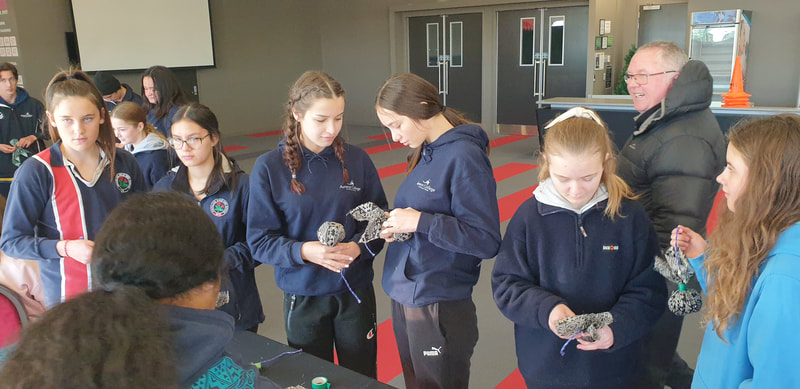
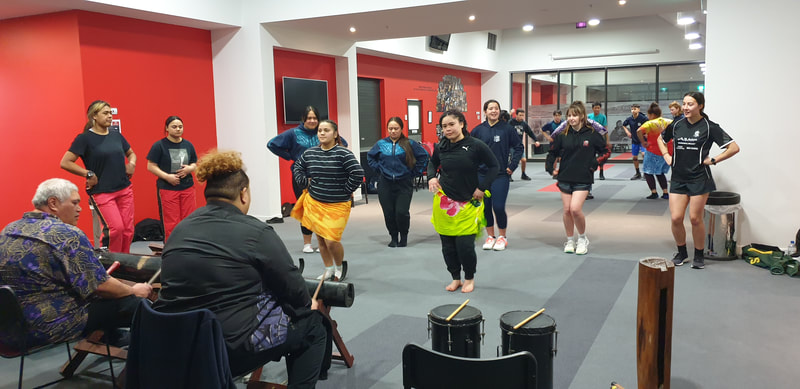
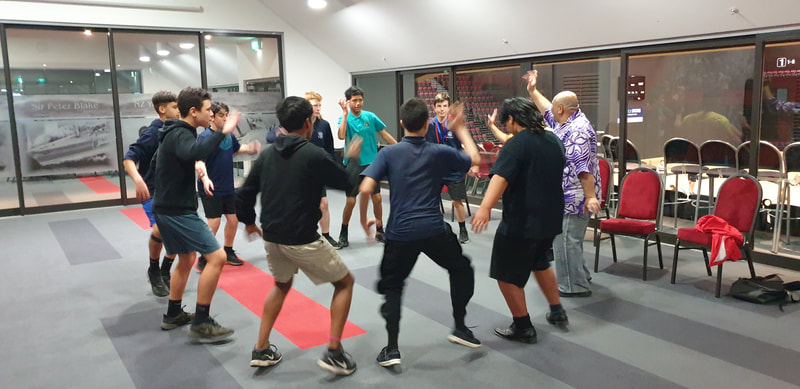
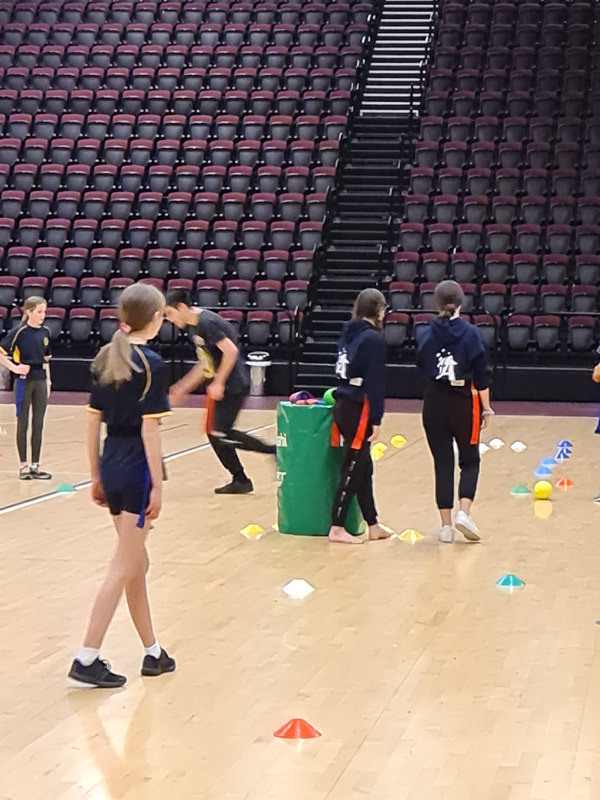
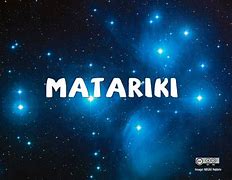
 RSS Feed
RSS Feed